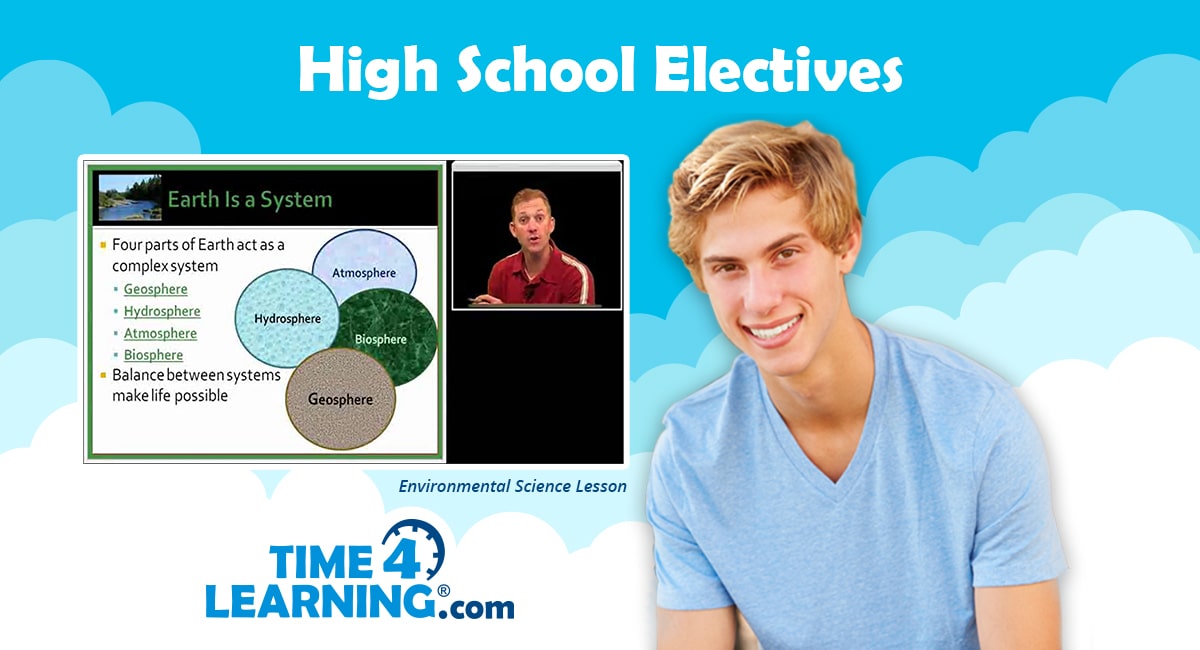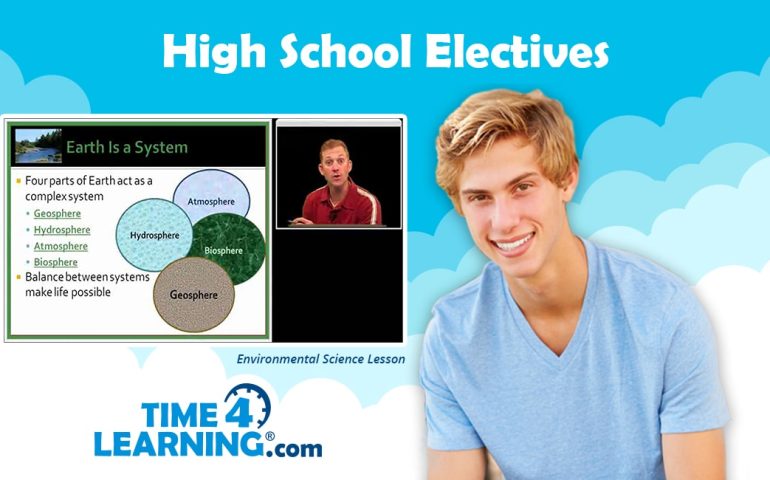
High school curriculums include a combination of required core academic courses along with electives tailored to individual interests. Balancing mandated classes ensuring essential knowledge with choices cultivating passions maximizes learning. Thoughtfully selecting courses and activities shapes a well-rounded secondary education.
English/Language Arts
English language arts courses build skills essential for higher learning and career success. Students take consecutive years of English absorbing key literary works and themes. Crucial abilities reading complex texts, writing research and persuasive papers, delivering speeches, and collaborating on projects are honed.
Veteran English teacher Tom Clerkin emphasizes, “Command of language, communication, and analytical thinking from English classes is the bedrock of all further academics.”
Math
Taking mathematics each year of high school develops computational abilities and quantitative reasoning invaluable in many fields. Courses cover topics like algebra, geometry, trigonometry, statistics, and calculus, typically progressing in sequence. Students learn to apply precise mathematical logic.
As Dorchester High School math chair Janet Platt explains, “Math classes transform how students think methodically, break down complex problems, and explain solutions.”
Laboratory Science
Studying science through hands-on laboratory classes uncovers the processes governing nature, technology, and the human body. Core science disciplines like biology, chemistry, physics, earth science, computer science and engineering teach the scientific method. Key concepts come alive through experiments.
Per science teacher David Smith, “Beyond learning facts, lab experiences teach students to observe, question, test, and understand the world systematically.”
History and Social Sciences
Studying history, government, sociology, psychology, and economics via social science classes reveals patterns in human civilization and behavior. Courses cover topics like world cultures and geography, U.S. history and government, macroeconomics, and psychology. Students gain historical perspective and grasp society’s complexity.
As social studies chair Jill Weber notes, “Social science classes teach critical thinking regarding human affairs across eras and cultures.”
World Languages
While rarely required all four years, studying at least one world language is expected. Options like Spanish, French, German, Latin, and Chinese introduce the richness of other tongues and cultures. Mastering grammar and vocabulary lays groundwork for fluency.
Per University of Michigan linguist Light Carruyo, “Early world language study cultivates interest in global perspectives and relationships crucial to future success.”
Physical Education
Most students must take physical education classes focusing on fitness, team sports, and movement skills. These not only develop athletic abilities but also impart lifestyle habits around exercise. Adaptive physical education is available for differently-abled students.
As phys ed teacher Mark Daniels notes, “We aim to instill enjoyment of physical activity supporting health and wellbeing over a lifetime.”
Fine Arts
Art, music, theater, dance, and other fine arts electives nurture creativity and self-expression. Students explore studio art, digital design, musical performance, acting techniques, and creative movement. Presenting artistic works builds confidence.
Arts advocate Eric Booth observes, “Arts classes unlock creative gifts and uplifting modes of thinking specific to the human experience.”
Career and Technical Education
Classes preparing for specific career paths like business, engineering, computer science, nursing, auto repair, hospitality management, and more comprise career and technical education (CTE). CTE develops tangible vocational skills along with workplace competencies.
Per CTE director Joan Herman, “Our classes provide the hard and soft skills guiding students directly into thriving 21st century careers.”
Academic Electives
Beyond required subjects, taking additional rigorous academic electives demonstrates intellectual engagement. Options like psychology, environmental science, statistics, media studies, and advanced math and language cultivate knowledge suited to college studies.
Secondary education expert Cindy Ziker emphasizes, “Academic electives allow customization of learning around budding interests and strengths.”
Passion Electives
Elective courses indulging personal passions are often the most memorable. Offerings that speak to individual talents and interests like yearbook, theater improv, creative writing, coding, automotive shop, concert choir and speech debate team inspire.
High school counselor Traci Parde says, “Nurturing student passions through electives is what makes education come alive.”
Balancing required fundamentals with tailored enrichment electives yields well-prepared, self-motivated learners ready for college and career success. Academic advising helps students thoughtfully chart high school paths maximizing knowledge, strengths, and curiosity.









